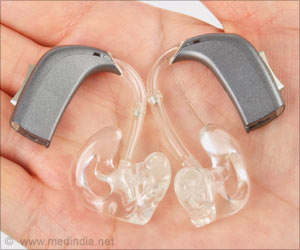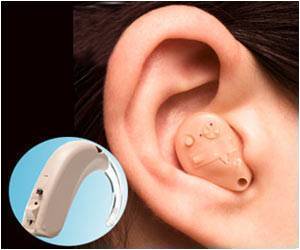
‘Audiologic care also provides low-income patients to benefit from hearing rehabilitation at minimal personal costs.’
Tweet it Now
Aileen P. Wertz, M.D., of the University of Michigan Health System, Ann Arbor, and colleagues examined the feasibility and outcomes of a partnership between a free independent clinic (Hope Clinic, Ypsilanti, Mich.) for indigent patients and an academic medical center (University of Michigan Health System) in providing hearing aids.The program (Hope for Hearing) secured donated hearing aids, which were obtained by placing advertisements and through direct purchases via funding provided by a $5,000 intramural grant.
During the study period, a total of 84 hearing aids were donated. Seventeen hearing aids (20 percent) were purchased with grant funding; the remainder were donated. Supplies required to make ear molds were also purchased with grant money.
A total of 54 patients had audiograms performed. The patients were provided with free audiograms, hearing aid molds, and hearing aid programming, as well as follow-up appointments to ensure continued proper functioning of their hearing aids.
Since 2013, a total of 34 patients have been determined to be eligible for the free program and were offered hearing aid services. Of these, 20 patients (59 percent) have been fitted or are being fitted with free hearing aids. The value of services provided is estimated to be $2,260 per patient.
Advertisement
Limitations of the study include the small sample size.
Advertisement
Source-Eurekalert














